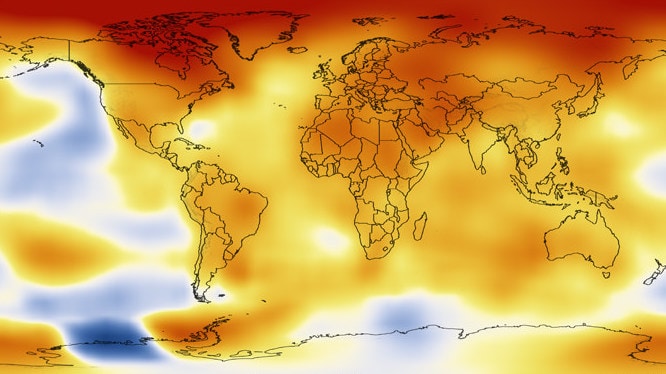The COP26 UN Climate Change Conference opened on 31 October 2021 in Glasgow, and will run until 12 November. The goal of the conference is ostensibly to accelerate action towards achieving the goals set out by the Paris
Agreement of 2015: reaching global net zero on carbon emissions by mid-century, limiting the global temperature increase to a maximum of 1.5 – 2 degrees Celsius above pre-industrial levels, and global peaking of greenhouse gases as soon as possible.
These are ambitious targets, arguably too ambitious when judged with actual progress since the ratification of the Paris Agreement by 192 of the UN’s 197 members in 2015. It should be asked then: what could climate change mean in terms of employment and work?

The potential consequences for the global labour force of global warming and climate change at its current rate is potentially catastrophic. First and foremost, it is essential that these be limited as much as possible. The International Labour Organisation (ILO) outlines some of the most pressing risks:
• 1.2 billion jobs, equating to 40% of the global labour force, are today at risk due to environmental degradation.
• Heat stress and exhaustion will increase substantially due to rising global temperatures, making workplace fatalities and serious injuries more likely, especially amongst manual workers.
• Exposure to air pollution will significantly affect the health of workers around the world, with projections estimating that premature deaths could increase by up to five times the current figure.
• The increasing occurrence of natural disasters, vector-borne diseases (resulting in epidemics and pandemics), desertification of land, and rising sea levels will not only decrease the quality of life for workers, but will significantly reduce the job market.
Even in the UK, which along with Northern Europe is projected to see milder (but still significant) changes compared to African and South-East Asian nations, these changes should cause alarm. Increased migration, dwindling resources, and a rapidly tightening job market will almost certainly have profound effects on the UK.
Not only will the creation of millions of environmental refugees create cut-throat competition for jobs, there is always the threat that this competition could begin a race to the bottom in terms of employment rights: where employees simply cannot afford to risk their jobs by standing up to exploitation.
However, let us imagine now that the political will exists and that the co-operation of all states and corporations are geared towards creating a carbon negative future. What does the green economy look like for global labour? The ILO have stated that, if implemented in the right way, the switch to a green economy could create a net gain in jobs whilst offsetting some of the more far-reaching effects of climate change.
According to the ILO: “the development of sustainable transportation, renewable energy systems and energy-efficient buildings, as well as efficiency-enhancement measures across industries, are estimated to lead to the creation of 24 million new jobs.”
This compares to a predicted 6 million job losses in the green transition, for a net gain of 18 million jobs. Factored into this must also be the potential quality of life and health benefits that a net carbon world could bring for workers, including the lowered risk of respiratory disease and premature death due to long-term emission exposure.
A greener planet is in everyone’s interests, and actions such as divestment from fossil fuels and carbon negative corporate practices must be an issue of immediate priority for organised labour at home and abroad. Perhaps it is naïve, but given the increasing imminence of climate issues as well as the surge in climate activism, perhaps this organised push for change could be the legacy of COP26?
Article by Michael Green – Paralegal: didlaw
